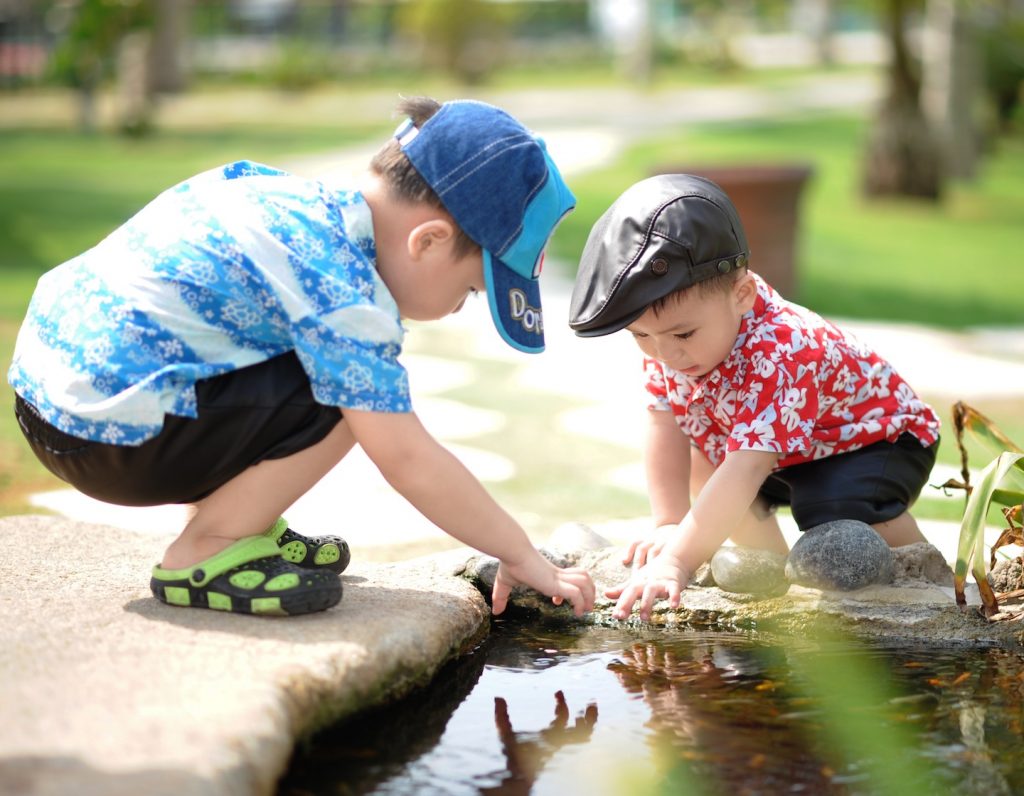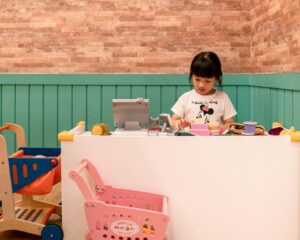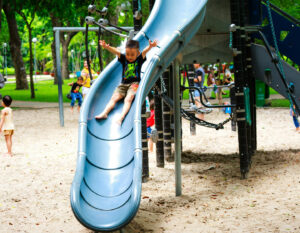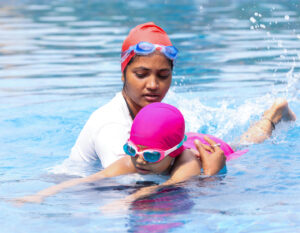
Let them play…
Did you know that children can learn the most through play that they actually initiate for themselves? Child-initiated play is where the child takes the lead and engages in activities of their own choice. Sounds simple enough and I’m sure we’ve all allowed children to do this and we’ve watched and possibly played alongside.
And yet so often children are asked to leave their play and the activity of their choice to engage with what an adult deems to be more educational or more valuable. And yet in taking children away from their own choice of activity we can actually be impeding their learning.
This is because a child learns best when he/she is focused and engaged. Years of research show conclusively that child-directed play fosters the development of the whole child and supports vital skills that are needed to ensure they are school ready.
One of the things I have noticed most in Hong Kong is the panic that sets in for parents as they approach Primary School interviews. For expats especially, primary school interviews are not something we are ourselves had to go through and not something seen in our home countries. Reassuringly, I have spoken with numerous schools who are not looking for child geniuses, nor are they just focusing on a child’s numeracy and literacy skills. Primacy schools are looking at the whole package.
Read more: Should I Send My Child to Local or International School? :
I’m sure we all want to see our children develop their social skills, their empathy for others, resilience to the world around them and the ability to communicate their needs. These are just some of the skills developed through child-initiated play. Children’s cognitive, social, emotional, and physical skills; all of which contribute to school success and are a necessary and important part of every child’s life, are developed through this type of play.
When children direct their own play they…
- Figure out things for themselves.
- Learn how to take healthy risks.
- Find innovative ways to think about the world and how it works
- Practice necessary skills such as overcoming obstacles, creative problem solving (on their own or with other children), communicating their feelings effectively with others, and working with those who may have difference points of view.
- Experience the joy of self-discovery, the thrill of being able to pursue their own creative ideas
You can support this by getting involved in CHILD-INITIATED PLAY for at least 10 minutes a day. Research shows that this focused attention can develop your child’s confidence and lead to better behaviour.
When your child selects a toy to play with, sit alongside them and let them know that their play is important to you and you’d like to join in to have some special time together. Here’s some tips on how to get involved and support them effectively….
- Encourage your child’s curiosity to explore new objects and activities. Show excitement and enthusiasm.
- Pace at your child’s level — give your child the time they need.
- Be appreciative of what they are doing. Show them you value their choices in play and build their confidence by feeding their self worth.
- Don’t focus on the “correct” way or specified rules for a game.
- Model cooperation by doing what your child asks you to do
- Observe and respond to your child’s initiations and try not to ask too many questions
- Praise and encourage your child’s self-discovery and creativity; don’t criticise
- Allow your child to change their mind.
- Curb your desire to give too much help — give just enough support to avoid frustration but not so much you take over your child’s exploration
- Reward quiet play with your attention
- Laugh and have fun
So next time your child sits down to play, take time to engage in this activity with them or simply observe what they are doing whilst letting them know you are there. Research has also shown this attentive parenting can support positive behaviour and lead to emotionally healthy children. How better to prepare them for the world and their next steps in life.
 View All
View All










 View All
View All




 View All
View All


 View All
View All









